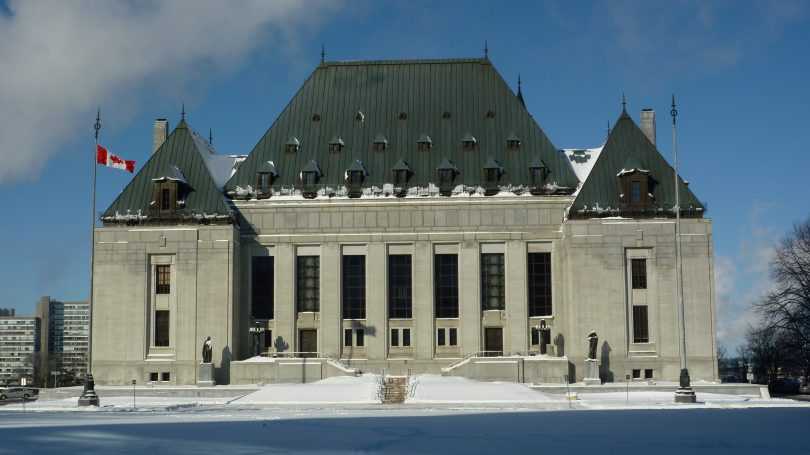The Supreme Court of Canada issued an order to Google to stop showing unnatural search results for a company accused of fraud, not just in Canada, but throughout the world. The court’s ruling related to an intellectual property case in which Canadian telecommunications equipment manufacturer Equustek Solutions sued another Canadian business, Datalink Technologies Gateways Inc., alleging that, it had started selling their technology as its own.
A lower court told Datalink to knock it off, but the firm then fled the province to “an unknown location” while continuing to hawk its wares online. Equustek asked Google to stop sending people to Datalink’s sales pages, and Google complied. But as Datalink kept moving the offending sales pitch from one page to another, Equustek asked Google to stop pointing people to Datalink’s site entirely — and to do the same around the world.
The Supereme Court said that “This is not an order to remove speech that, on its face, engages freedom of expression values. We have not, to date, accepted that freedom of expression requires the facilitation of the unlawful sale of goods.” It further added, “The problem, in this case, is occurring online and globally. The internet has no borders; its natural habitat is global. The only way to make sure the interlocutory injunction [order] attained its objective was to have it apply where Google operates – globally.”
But by upholding this worldwide order, Google and free speech organizations said the Supreme Court ruling could have far-reaching consequences for freedom of expression.
Google cannot appeal to the Supreme Court of Canada’s decision, but the company can still petition the lower court from which the case originated to modify its request for the worldwide ban of Datalink’s websites.

